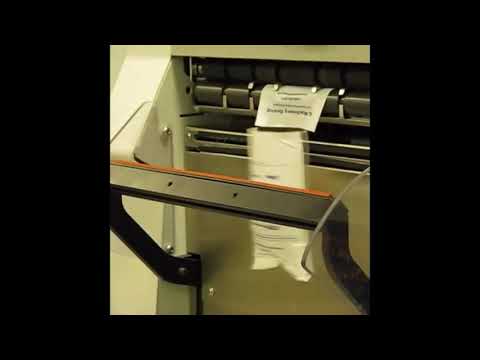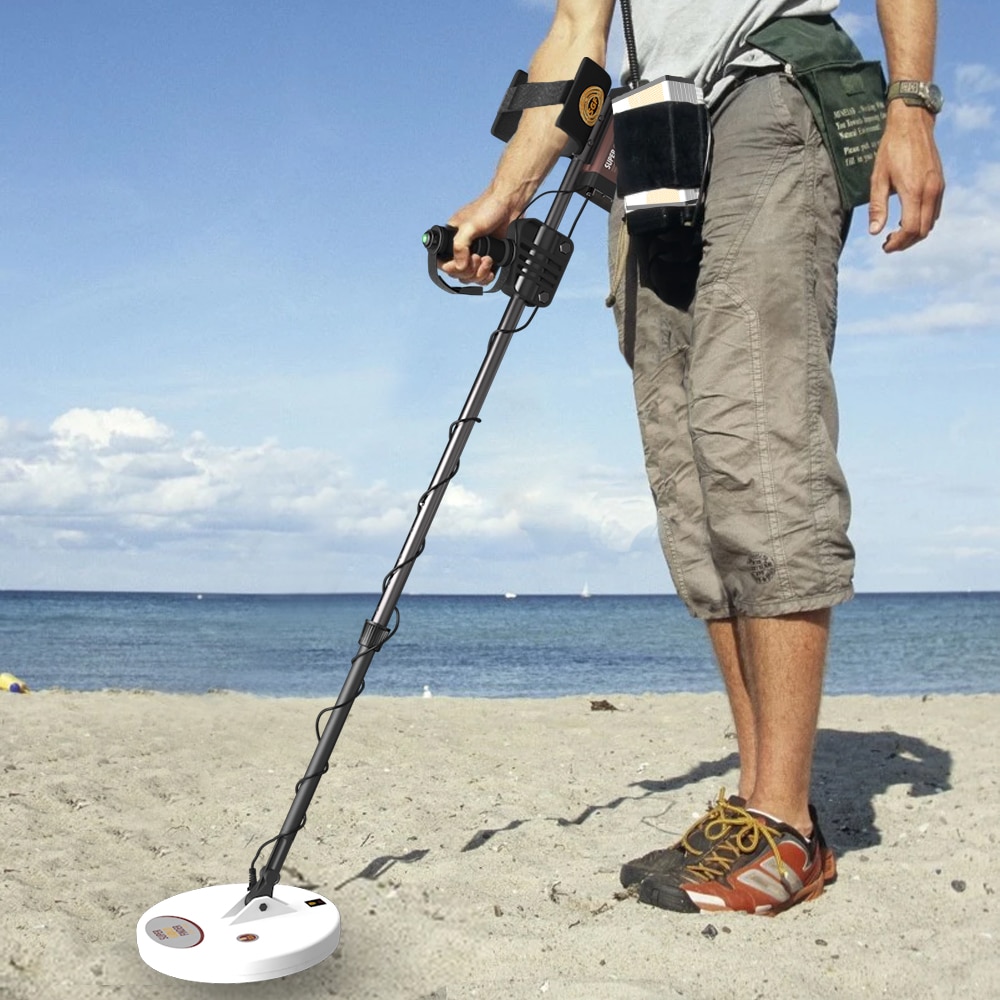Introducing Automated Packaging Systems: Revolutionizing Efficiency in Packaging
The world is constantly evolving, and with it, technology continues to advance at an unprecedented pace. In recent years, the automation industry has witnessed remarkable developments that have transformed various sectors, including packaging. Today, we delve into the fascinating realm of Automated Packaging Systems, exploring the revolutionary impact they have had on industries such as automotive parts, and electrical and non-electrical parts.
Automated Packaging Systems, also known as APS, have revolutionized the way products are packaged and delivered to consumers. By automating the packaging process, these advanced systems have greatly enhanced efficiency, accuracy, and productivity. Gone are the days of manual labor and tedious, time-consuming packaging procedures.
Packaging is an integral aspect of any manufacturing industry, and it plays a vital role in ensuring product safety, preserving quality, and enhancing overall customer satisfaction. With the advent of APS, companies now have access to cutting-edge technologies that have completely transformed their packaging operations.
Imagine a world where automotive parts, electrical components, and non-electrical items are seamlessly packaged with precision and speed. APS has made this a reality. These systems are designed to handle a wide range of products, from small and delicate items to large and heavy ones. By leveraging robotics, artificial intelligence, and advanced software systems, APS have greatly improved packaging processes, reducing errors and optimizing output.
One of the key advantages of APS is their ability to handle complex packaging tasks. With their advanced capabilities, these systems can easily adapt to different product dimensions, shapes, and weight variations. This versatility ensures that each product is packaged in the most suitable manner, enhancing protection during transportation and reducing the risk of damage.
Furthermore, APS excel in streamlining the overall workflow by minimizing manual intervention. This leads to significant time savings, enabling companies to meet tight deadlines and ensuring products reach the market promptly. By freeing up human resources from repetitive packaging tasks, businesses can redirect their focus towards more crucial aspects of their operations, such as product development and customer service.
When it comes to automotive parts, APS have become indispensable. The automotive industry thrives on precision, as a single flawed part can have severe consequences. These systems guarantee exceptional accuracy and reliability, ensuring that each automotive component is packaged with utmost care and followed by rigorous quality checks. As a result, APS have contributed to a significant reduction in defective parts and recall incidents.
The electrical and non-electrical sectors have also embraced APS with open arms. These systems have significantly enhanced packaging efficiency, reducing time, labor costs, and the risk of errors. Whether it is delicate electrical components or heavy machinery parts, APS are equipped to handle diverse packaging requirements, ensuring safe transportation from the manufacturer to the end consumer.
Automated packaging is not only efficient but also environmentally friendly. APS optimize material usage, reducing waste and minimizing the carbon footprint. By precisely measuring and cutting packaging materials, these systems help businesses save costs while contributing to a greener future.
The adoption of APS has undoubtedly led to the emergence of leaner and more agile supply chains. These systems have streamlined packaging processes, enabling businesses to handle larger volumes of products efficiently. With the ability to automate repetitive tasks and scale operations seamlessly, companies can stay ahead of the competition and meet the evolving demands of consumers.
In conclusion, Automated Packaging Systems represent a game-changer in the world of packaging. From automotive parts to electrical and non-electrical components, these advanced systems have revolutionized efficiency, accuracy, and sustainability. By automating the packaging process, APS have enabled businesses to optimize their operations, reduce costs, and enhance customer satisfaction. As technology continues to advance, the future of packaging lies in the hands of automated systems like APS. So, embrace the power of automation and witness a new era of packaging excellence.
Automatic Packing Line
"Streamlining Your Packaging Process with Automated Solutions: Enhancing Efficiency and Quality"

